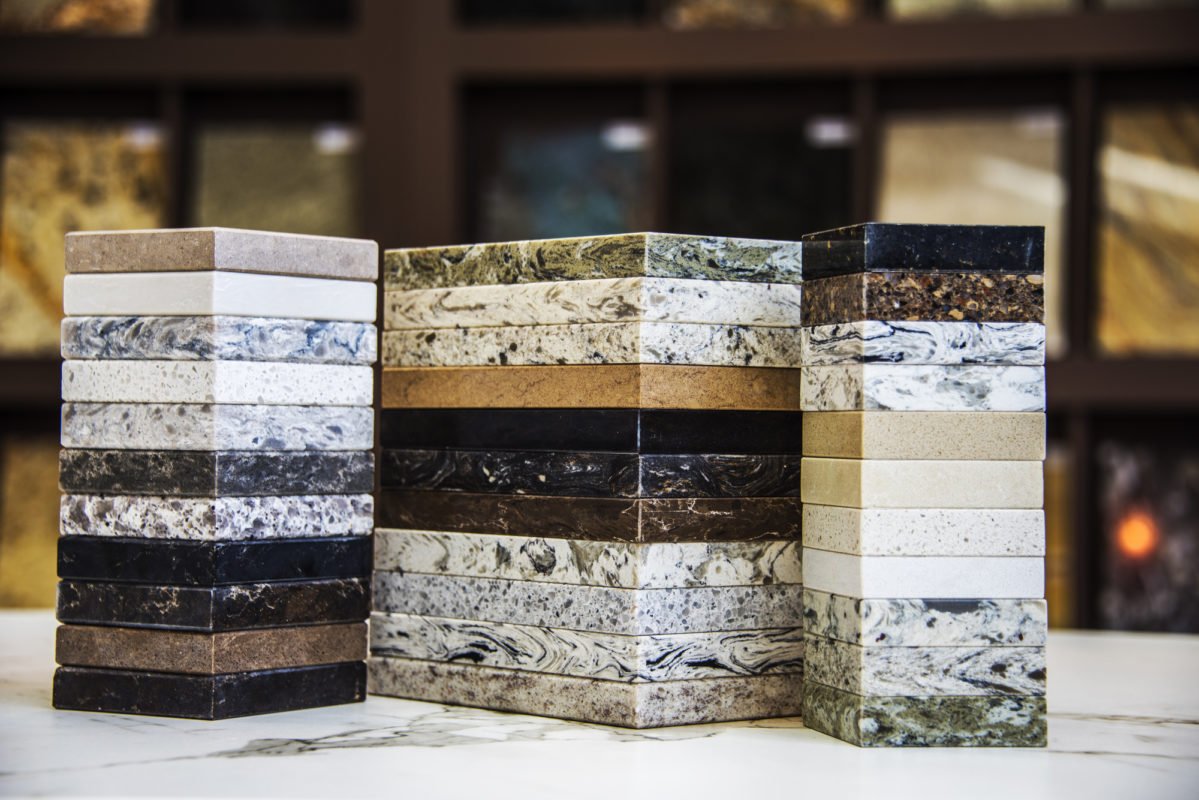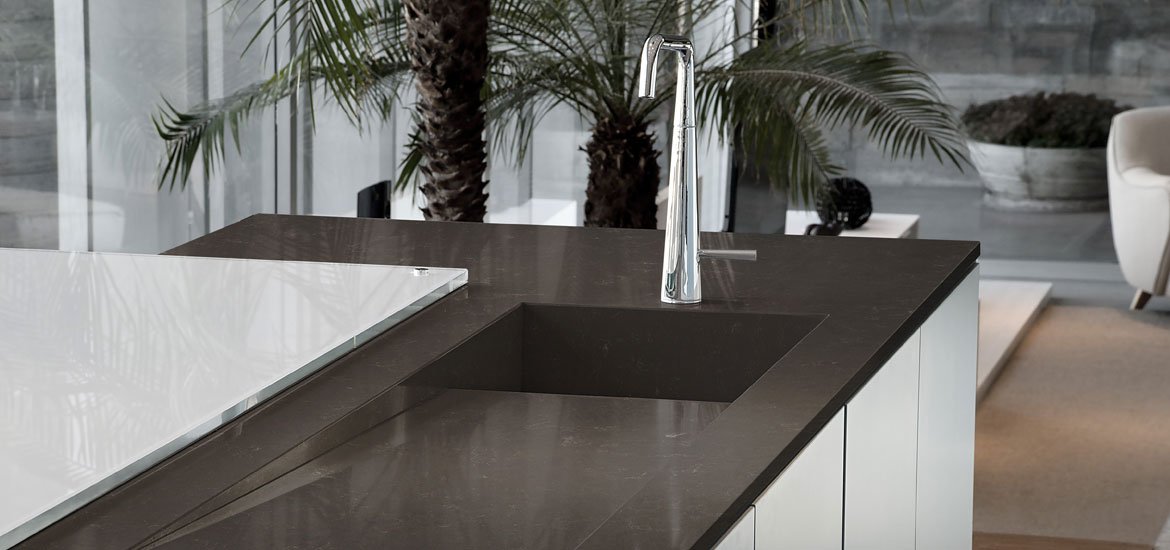Crucial Differences between Granite and Silestone

Crucial Differences between Granite and Silestone
Granite and Silestone both make an outstanding choice for kitchen worktops. While Granite is a natural stone, Silestone is man-made and one of the most popular types of Quartz. With the variety and styles offered available in the market today, choosing between Granite and Silestone one can be a doting task.

With this brief enumeration of the key difference, you can make a more conversant choice of the worktop material, you will be wedging, peeling and slicing on for many years to come.
- You Never Need To Seal The Silestone
Sealing is a technique used on porous worktops to avoid any fluids absorbing and staining the natural stone. Organic stones like granite have a malevolent habit of being permeable and of having cracks that are not visible to the naked eye. The permeable pores and chinks make available a place for stains to settle and bacteria to succeed. You need to layer natural stones with sealant about once a year for best results. The sealant can put a stop to stains and bacteria from getting into those minute hiding spaces.
- Prefer Natural or Man-made?
Granite is entirely Natural, and igneous rock. It’s dug up from the earth in huge blocks which are then swan into chunks to be manufactured into the finished worktops for your kitchen.
Silestone is Synthetic. The resin used to generate quartz worktops is not an organic product and is made up of chemicals and dyes. You can refer to the quartz MSDS to make out what exactly is found in the countertop material. By rules and regulations, manufacturers are required to prepare these data sheets public, so anyone working can easily understand fully what all is found in the matter. You may observe upon seeing at the sheets that 50% of the stone is crushed quartz and 25% is a polyester resin. The residual 25% percentage is silica and other stone. These materials bind it all together.
- High Temperatures Will Char the Quartz Stone
The resin discovered in quartz or Silestone cannot withstand the extreme heat. Placing a hot pan or a hot pot on its surface will mean burning or damaging the countertop. The stones crack or create a burn rings on the quartz surface. Granite worktops, on the other hand, is more resilient and can withstand higher temperatures.
- Silestone can Kill Bacteria As Well
Baked into the Silestone’s resin are microbes killing agents. Unrestricted microbes can multiply into millions in just a few minutes, but this stone can kill the bacteria, right in time. Granite at the other hand is a more prone to bacteria growth. You need to seal the stone regularly if you want to get rid of the microbes and disinfect the countertop with isopropyl alcohol frequently for best results.
- Repair of Granite is easier
Kitchens are usually busy and prone to minor accidents. At times you many in a rush to get things done, sporadically drop a pan or a pot causing the worktop to crack. In such cases, a Granite kitchen worktop is far easier to repair as compared to a Silestone worktop.
- Silestone is More Expensive
Depending upon where you buy your worktops from and the design you opt for, the price varies significantly. Prices vary from firm to firm but most commonly you will find the Silestone to be on the expensive side in comparison to Granite worktops cost. The cost of granite per square foot will be lower compared to quartz. Unless you opt for some exotic Granite worktop, it works out cheaper compared to Silestone worktop.
- Granite Counters Won’t Fade in Direct Sunlight
UV rays could fade away any brands’ quartz stone due to the resin element present, and Silestone is no exception. With a little exposure to the sun rays, the dark colors will start fading away, lighten up or start turning yellowish. Granite is, on the other hand, does not fade away with exposure to UV rays.
Granite and Silestone both make a great choice for worktops. Hope you like the guide and find it helpful in down selecting the stone that best fits your own specific requirements.

Expert Installation: Tips for Choosing Air Conditioning in Brisbane

How to Maintain a Rotary Vane Air Compressor

Pet Hospital Logo Design Samples

ICC Men's T20 World Cup Warm-up Matches 2026 – Oman Team PNG Photos (High Resolution Download)

ICC Men's T20 World Cup Warm-up Matches 2026 – Scotland Team PNG Photos (High Resolution Download)

Sri Lanka vs Pakistan – Rivalry, History & Match Preview


